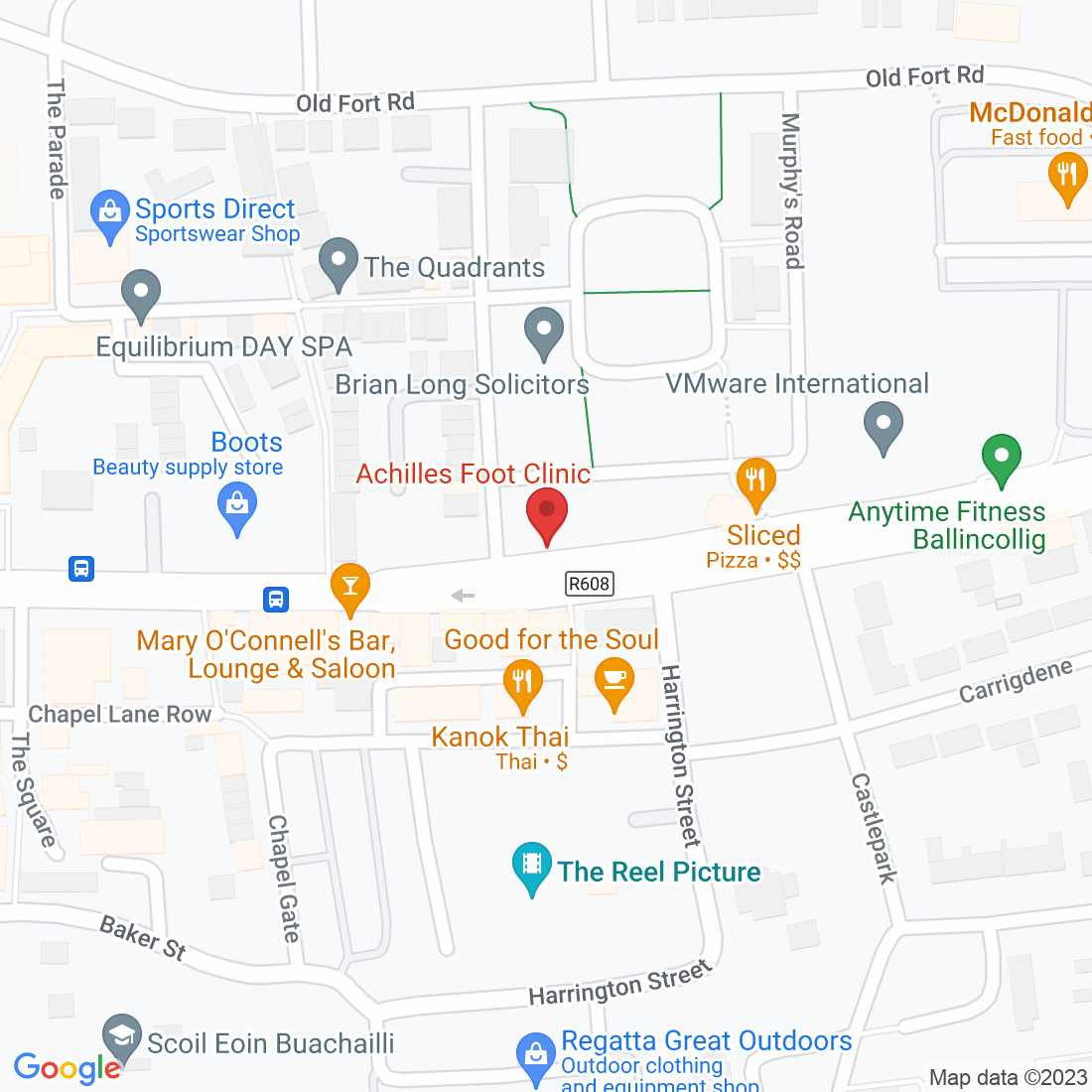
We have all been there, neglected a niggle in our foot and told ourselves that it would probably go away. Weeks have passed, even months, and it’s only getting worse. Then finally, when we are hobbling around barely able to walk, we decide to seek help…
Well, at Achilles Foot Clinic, we are here to help you.

Managing Peripheral Neuropathy in Feet: What Can a Podiatrist Do?
Introduction
Have you ever felt like your feet were buzzing, tingling, or even completely numb? Or maybe you’ve experienced burning pain that just won’t go away, even when you’re off your feet. If that sounds familiar, you may be dealing with peripheral neuropathy — a condition that affects the nerves in your feet and can have a big impact on your day-to-day life.
At Achilles Foot Clinic, we regularly see patients, especially those with diabetes, who are living with this condition. While neuropathy can be frustrating, the good news is that with the right care, it can be managed — and we’re here to help.
What Is Peripheral Neuropathy?
Peripheral neuropathy means the nerves outside your brain and spinal cord aren’t working as they should. When it affects your feet, you might notice:
Tingling or “pins and needles”
Burning or stabbing pain
Numbness or lack of feeling
Weakness or trouble with balance
Sensitivity to touch (even socks might feel painful)
It can affect one foot or both, and the symptoms often start slowly and get worse over time.
Why Does It Happen?
There are a few reasons why someone might develop neuropathy in their feet. Diabetes is the most common cause we see, but there are others too.
Common Causes Include:
Diabetes – high blood sugar can damage nerves over time
Vitamin deficiencies – especially B12
Alcohol misuse
Certain medications – like chemotherapy
Infections
Autoimmune conditions
Poor circulation
Sometimes, the cause isn’t clear — but the symptoms are very real.
Why Foot Care Is So Important
When you can’t feel your feet properly, you’re more likely to miss cuts, wounds, or pressure spots. That’s why neuropathy can be dangerous — especially for people with diabetes.
Even a small blister or sore can turn into something more serious if left unnoticed. That’s why early detection and proper foot care are key to preventing complications like ulcers, infections, or worse.
What Can a Podiatrist Do to Help?
If you’ve been diagnosed with peripheral neuropathy — or even if you just suspect it — a podiatrist can play a big role in keeping your feet safe and comfortable.
1. Foot Checks and Monitoring
We’ll examine your feet closely at each visit — checking for any early signs of pressure points, changes in skin colour, wounds, or structural issues. We also test sensation and circulation to monitor nerve function.
2. Footwear & Custom Insoles
We can guide you toward supportive, protective footwear — sometimes even prescribing custom orthotics or diabetic-friendly shoes that reduce pressure and help avoid skin breakdown.
3. Skin and Nail Care
Simple things like safely trimming your toenails and treating dry or cracked skin can help avoid infection. If you can’t feel your feet properly, even a small cut during home care can become a risk.
4. Wound Prevention and Treatment
If we spot a problem early — like a red spot or callus — we can treat it before it turns into a full-blown ulcer. If a wound is already present, we offer specialised care to support healing.
5. Education
We’ll help you learn how to do regular self-checks at home and give tips for keeping your feet clean, protected, and injury-free.
At-Home Tips for Managing Neuropathy
Here are a few habits we recommend for patients dealing with nerve-related foot problems:
Check your feet every day for cuts, blisters, or redness
Wash and dry your feet carefully — especially between the toes
Never walk barefoot, even indoors
Wear well-fitting shoes with cushioned soles
Keep your blood sugar under control (if diabetic)
Moisturise your feet — but avoid putting cream between your toes
Keep toenails trimmed — or have them professionally done if needed
When to See a Podiatrist
You don’t need to wait until there’s a problem. In fact, regular podiatry visits are one of the best ways to stay ahead of complications.
Come see us if:
You’ve been diagnosed with diabetes
You’re experiencing any tingling, numbness, or burning pain
You have a history of ulcers or slow-healing wounds
You’re unsure how to care for your feet safely
Final Thoughts
Living with peripheral neuropathy in your feet can be challenging, but you don’t have to manage it alone. At Achilles Foot Clinic, we’re here to support you every step of the way — with expert care, real advice, and a warm, understanding approach.
Whether it’s creating a foot care plan, treating wounds, or simply helping you feel confident in your daily routines, we’re ready to help you stay mobile, safe, and comfortable.
Ask Lorcan And His Team
Fill in the form to request a Call From Our Team
Fill in the form to request a Call From Our Team
One of our team will call you for FREE and answer any questions or concerns you may have about Bunions.
One of our team will call you for FREE and answer any questions or concerns you may have about your uncomfortable Bunions.








